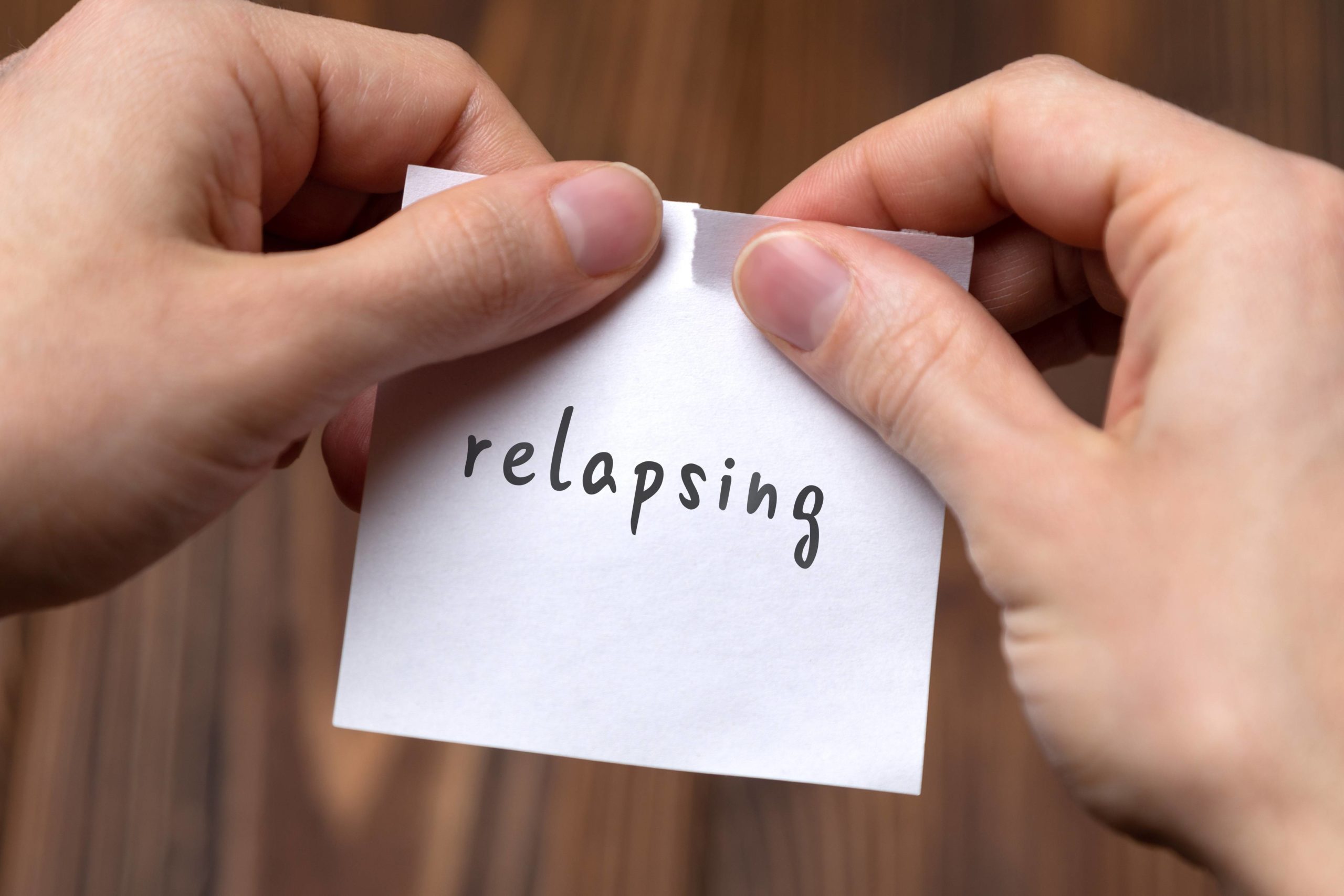Schizophrenia and Family Care: Schizophrenia is a complex mental health condition that affects both the individual and their family system. When one member of the family is diagnosed with schizophrenia, the emotional, financial, and relational dynamics of the household often shift. Family members may feel confusion, helplessness, fear, and exhaustion. The path can be challenging, but with awareness, support, and professional help, it becomes manageable. The role of the family is central in both care and recovery. This guide aims to empower families with knowledge, empathy, and tools to cope and thrive.
What is Schizophrenia? Positive and Negative Symptoms
Schizophrenia is a chronic brain disorder marked by distortions in thinking, perception, emotions, language, and behavior. Positive symptoms include hallucinations, delusions, and disorganized speech—these are ‘additions’ to normal functioning. Negative symptoms refer to deficits, like emotional flatness, reduced motivation, and social withdrawal. People with schizophrenia may struggle with maintaining relationships and everyday tasks. These symptoms can fluctuate in intensity. Medication and therapy play a crucial role in management. Early intervention improves outcomes. Supportive family environments help recovery.
How Schizophrenia Affects Family Members’ Mental Health
- Emotional Exhaustion: Family members may feel drained due to the unpredictable behavior of the person with schizophrenia. This often leads to burnout, sadness, and helplessness.
- Increased Anxiety: Constant worry about the safety, future, and stability of the loved one can trigger generalized anxiety or panic attacks in caregivers.
- Social Isolation: Families may withdraw from friends and social circles due to stigma, shame, or misunderstanding about schizophrenia.
- Financial Stress: Costs of treatment, medications, hospital visits, or job loss of the affected member can severely impact household finances.
- Marital Conflicts: Caregiving responsibilities may create tension or imbalance in the couple’s relationship, leading to arguments or emotional distance.
- Parenting Challenges: When the person with schizophrenia is a parent, or when children are present in the household, it may affect family routines, emotional safety, and childhood development.
- Fear of Genetic Risk: Family members may develop fears about hereditary mental illness, leading to stress over their own or their children’s mental health.
How to Deal if Your Family Has a Member with Schizophrenia
Acknowledge the illness and educate yourself as much as possible. Maintain consistent routines and communication with the affected person. Encourage them to stick to treatment, therapy, and medication schedules. Avoid judgment and arguments; practice empathy and patience. Set healthy boundaries to protect your own emotional wellbeing. Build a support system of professionals, friends, and peer groups. Seek individual or family therapy as needed. Remember, it’s okay to ask for help—you don’t have to do this alone.
- Stay Calm and Grounded: Responding with calmness during episodes can help de-escalate the situation and prevent additional stress.
- Use Simple Communication: Clear, non-confrontational language helps reduce confusion and defensiveness.
- Create a Safe Environment: Ensure the home is free from triggers, and maintain a peaceful and organized setting.
- Educate the Whole Family: Involve all household members in learning about schizophrenia to build empathy and shared understanding.
- Join Support Groups: Connecting with others who are facing similar challenges offers comfort, strategies, and emotional support.
To The Family: Take Care of Your Mental Health and Wellbeing
How Therapist Can Help You
A trained therapist offers a safe, confidential space to process your emotions, fears, and frustrations. They can teach coping strategies, communication skills, and emotional regulation techniques. Therapists help families understand the illness, navigate conflicts, and create healthy boundaries. They can also address caregiver burnout and compassion fatigue. Family therapy sessions encourage openness and healing. Individual counseling helps caregivers recharge and re-center. Early psychological support can prevent secondary trauma. Long-term engagement fosters resilience and hope.
Welcome Back to Live Again
At Live Again India Mental Wellness, we welcome you with care and commitment. Your mental well-being matters. Let’s walk this healing journey together. You are not alone.
Live Again India Mental Wellness is supporting you – you are not alone.



